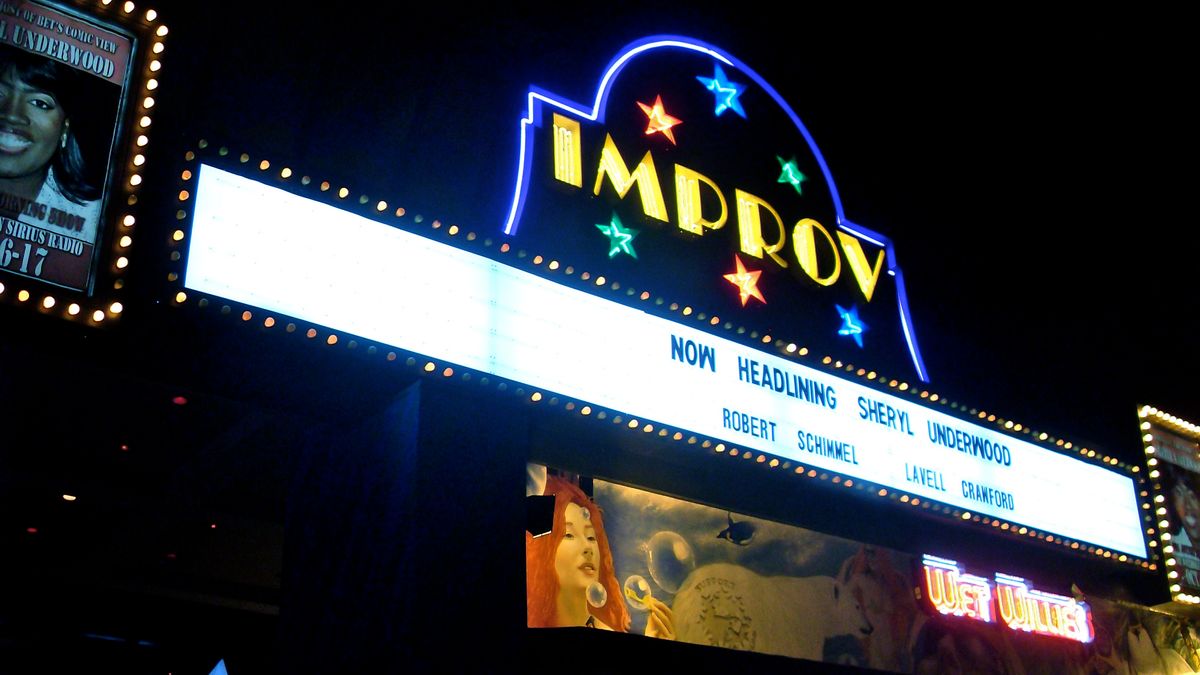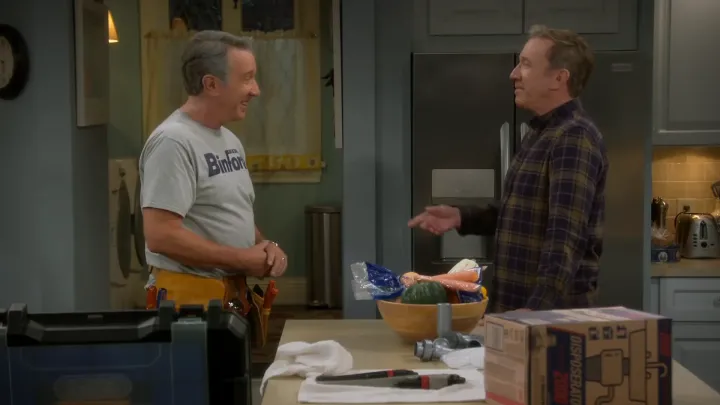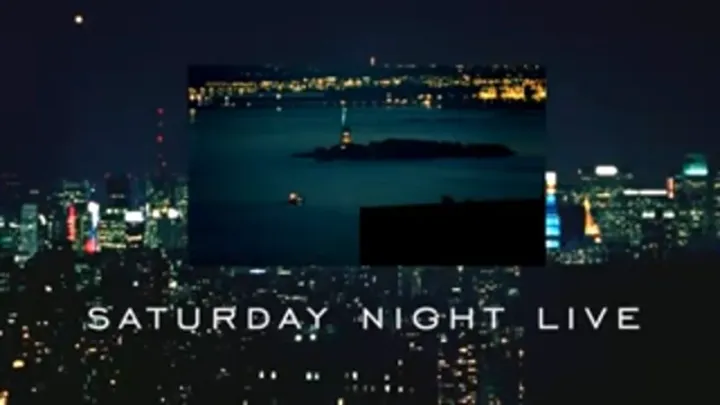What Comedy Workplaces Can Do About Coronavirus
A few best practices.


If you can, please support this newsletter by upgrading your subscription today:
Earlier today the World Health Organization declared the novel coronavirus a pandemic. Earlier this week Congress’ in-house doctor predicted 75 to 150 million Americans will contract the virus. National and local governments across the world have canceled parades, church services, weddings, funerals, and festivals; they’ve shut down state-owned theaters and concert halls; they’ve asked private businesses to postpone sporting events and conferences, and individual citizens to put off nonessential travel. The producers of the new James Bond movie delayed its release until November.
What should comedy workers do?
Most people who make comedy make it in small, crowded rooms. The work is public-facing and generally involves plenty of physical contact, whether it’s in an improv scene or as a comic shakes the host’s hand before their set. Comedy is also closely tied to the service industry: most clubs and theaters double as bars and/or restaurants, whose equally public-facing workers are frequently exposed to pathogens. Both lines of work are highly volatile; few workers have health insurance or job security, and they can’t work from home. For comedy workers to make a living during the pandemic, they must expose themselves to great risk. To my knowledge, no club or theater, at least in the US, has yet shut down. The show goes on.
Over the last few days I have reached out to comedy venue owners and operators to see how they are working to mitigate the risk of coronavirus for their performers and other workers. Below are a few best practices I have gleaned. Many overlap with common sense tips everyone should follow—wash your hands, don’t touch other people’s hands, etc.—but I will emphasize them anyway. My hope is also that these might be of especial use to DIY comics producing shows in non-comedy venues, like bars or art spaces, whose coronavirus-mitigation procedures may not be specific to comedy work.
Washing hands
The directors of the Annoyance Theatre in Chicago, iO in Chicago, and ComedySportz Philadelphia all stressed the importance of frequent hand-washing for performers and staff. You know this one: wash your hands for at least 20 seconds, ideally with hot water, soap, and vigorous scrubbing. Then use a clean towel to dry them.
Jennifer Estlin, the Annoyance’s Executive Producer, said her theater is putting up signs in bathrooms outlining proper hand-washing technique. So did ComedySportz’s Don Montrey. The CDC offers printable posters here.
Sanitize surfaces
Charna Halpern, Artistic Director of iO, said her staff regularly disinfects tables and seats. Jamie Flam and Vanessa Ragland, co-founders of Dynasty Typewriter in Los Angeles, described “pre, post, and between show Lysol wipe downs of everything including doorknobs, arm rests, and microphones.”
It is also important to sanitize any technical equipment, like sound and light boards. Estlin said the Annoyance has ordered a UV sanitizing wand, like this one, for that purpose.
Provide hand sanitizer for workers and patrons
Make the stuff readily available for everyone. Estlin said the Annoyance will soon have a hand sanitizing station resting on its bar; Dynasty Typewriter offers sanitizer to patrons as they enter the theater.
Use disposable microphone covers
Dynasty Typewriter’s founders mentioned sanitizing microphones between each use. I think you should follow the Annoyance’s lead and go a little further by using disposable microphone covers like these. It may be awkward for comics or hosts to put a new one on the mic at the beginning of each set, but it is better to be awkward than to spread a deadly virus.
I hope DIY producers, especially people running open mics, seriously consider investing in disposable covers. I’d recommend seeing if you can get whatever bar or venue you work with to assume the cost—they’re cheap and to everyone’s benefit. Consider them for your podcast setups too.
Let employees stay home—and pay them
The owner of a New York City comedy club, who asked that I not identity which, told me that so long as the club remains open, it will allow high-risk employees take time off with pay. Second City, per an email I’ve reviewed, has also encouraged staff to stay home if they are not feeling well, and informed them of their rights to PTO as full-time or part-time employees.
All comedy venues should let sick or high-risk workers take paid time off, and they should do it without restriction. If your workplace has not given you any guidance regarding paid time off, check your city or county resources to see what you’re entitled to.
Whether they pay for the time off or not, venues should still encourage employees who feel at all sick to stay home, even if it means canceling a show. And comedy workers who can stay home should. This isn’t just about the coronavirus: it’s about doing everything we can to ease the burden on healthcare systems with limited resources.
This is the key: we need social solidarity at this moment to break the back of the outbreak. We are going to do this for each other, and we need our government to take steps to reduce economic hardship and protect the vulnerable. https://t.co/HJiYB8pUXfMarch 10, 2020
No touching
Guidance sent to ComedySportz staff included a pause on the company’s high-five rituals—no more high-five lines at the end of each match, no more high-fiving fans as performers enter and leave the stage. The guidance also instructed performers to avoid touching audience volunteers, and to check in with their teammates before each performance to determine how much contact each player is comfortable with.
I think it would be wise for improv teams to follow these guidelines, and to exercise heightened vigilance around physical contact in their scene work. Coaches and teachers can take the lead on encouraging this vigilance; at the Annoyance, Estlin said, casts and students are advised “to keep their physical choices to themselves.”
Standup comics, meanwhile, might consider fist-bumping the host instead of shaking their hand.
Ticket-taking
If your venue uses tickets, try to minimize the number of hands they come into contact with. The Annoyance, for instance, has changed its procedures such that patrons drop tickets in a basket rather than hand them to ushers. If you instead stamp patrons’ hands or wrists, maybe don’t do that anymore.
Yondr bags
The owner of the above-mentioned NYC club told me their business is also putting a pause on its use of Yondr bags. As with changing ticketing procedures, do whatever you can minimize the number of items that pass between multiple hands.
Content considerations
ComedySportz’s guidance included the following: “Anti-Asian sentiment is on the rise because of the virus' origin. Let's avoid that topic during our suggestions. In fact, let's keep the topic of the ‘coronavirus’ offstage altogether.”
Every venue should develop its own content policies through an open process in which all stakeholders get a voice. But now seems like a great time to bear in mind that comedy happens in the real world and has real effects on the way people think and act.
Audience management
I asked Dr. Steven Goodman, Professor of Epidemiology & Population Health at Stanford University, about other considerations comedy venues should weigh. He recommended a heightened focus on audience management. “If someone is sick, they shouldn’t be there or be allowed in, if anyone can tell,” he said. “And maybe put tables further apart and reduce total capacity.” This might mean a venue makes less money on a given night, but less money is better than shutting down entirely—which many venues may eventually do anyway.
“It’s important to keep laughing in these times,” Dr. Goodman told me. “But unfortunately this is no laughing matter.”
What have I missed? What steps is your comedy workplace taking? Let me know and I’ll update this post.
Header image via Bob B. Brown.


